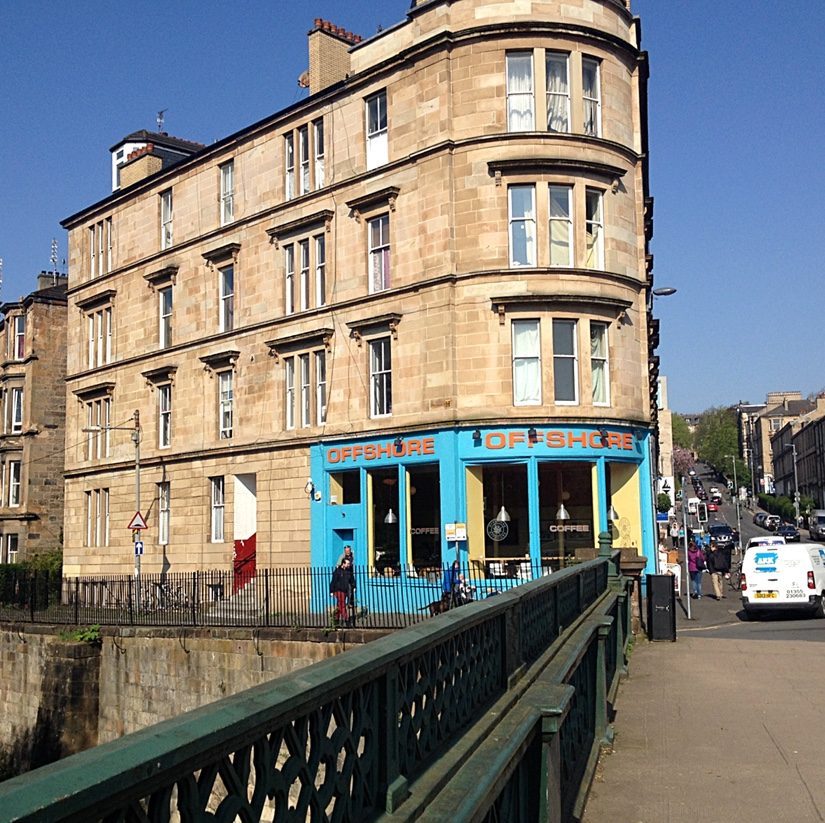Aye Write: Kamal Ahmed: The Life and Times of a Very British Man review Mary Irvine

Aye Write Festival Friday, 22nd March, 2019 Royal Concert Hall
The main theme of Kamal’s presentation was the notion of being British. What is it that makes anyone British? What is identity?
Kamal’s mother was white English, his father Sudanese, making Kamal mixed race or half-caste in the parlance of the70s/80s when mixed marriages were not common. As he put it, no-one knew which box to tick for him. Although he had ‘a great childhood’ there were shadows. He found the in/out issue went very deep and, at one time, gave himself the name Neil. Many did this, wanting to be accepted as they were not quite in any group.
He tended to ‘keep his head down’ apart from the occasional explosion such as when he was called a jungle bunny and resorted to attacking the perpetrator. Now identity is part of the curriculum. He also had a fear of being ‘sent home’ but related Lenny Henry’s joke re being offered a thousand pounds to go home. Henry thought it a good deal as going back to Dudley wouldn’t cost much.
He had a Comprehensive secondary school education where he noted that, on entry, the population was roughly a 1/3rd proportion of white, black, Asian. However by the time ‘A’ levels were reached there was only one black student. His mother was appalled at this fact. His mother was a woman of her time and a great campaigner. Both his parents rebelled against tradition. When speaking of their influence Kamal said, ‘All people’s heritage is a journey. We’re all from somewhere else.’
Wishing to confront the prevailing idea of being ‘comedic’ or ‘stupid’ he found an outlet in music and sport, both playing a big part in his life, feeling they were anchors.
After obtaining a degree in political studies at Leeds University he entered the world of journalism and is well known to viewers of the BBC.
Asked about the inspiration of the book he replied that he felt mixed race wasn’t written about so much as other ethnicity but the motivational ‘spark’ came with the election of Barak Obama in 2008. He wasn’t black as so often described but mixed race, just like Kamal. A piece Kamal wrote for the Observer was well received for it not only praised his British heritage but also his Sudanese heritage. He did admit that his Sudanese family were rich and that their wealth had probably come through involvement in slavery – raising the idea that we are all a mixture of victim and perpetrator.
Kamal discussed the Enoch Powell speech, commonly known as the Rivers of Blood, in great detail in the book. He felt its inclusion and discussion was essential as the speech was usually misunderstood, people rarely listening to the whole content. Powell wasn’t particularly railing against immigration per se but was warning that the second generation could eventually ‘take over’. However, Kamal pointed out that Powell had acknowledged colonial mistakes and suggested reading more about the man who was much more than one speech and maybe not the rampant racist suggested by that one speech.
When asked how his own children, daughter aged 18, son 15, felt about being mixed race he replied it wasn’t of such concern as other issues, especially gender. He did add they did not present as being mixed race as their mother was white. His children found his book hilarious. Everything now was more relaxed, there was more discussion and ethnicity was no longer the big thing it was. His view is that gender is much more important.
The book is an exploration of ‘otherness’ and, within that ‘otherness’, the many differences. His readings displayed powerful, moving writing with the personal intertwined with the political. He spoke fluently, without judgement, relating rationally the climate of times past, revealing a measured outlook on life.
So, what is Britishness? Kamal’s answer, as I understand it, is that the notion of Britishness encompasses everyone. It is no longer a question of colour but of different identities. There are a myriad of reasons which qualify everyone. The next stage is the future. What is the type of country we want?
I want the type of country demonstrated by the philosophy of Kamal Ahmed.
Mary Irvine, March, 2019.
This section: Aye Write Book Festival 2019, Book and Event Reviews, Books, Talks, Poetry and Creative Writing Events, Mary Irvine: Writer and Philhellene
Related Pages
- Mary Irvine: Blogging about Book Reviews & AI
- GRAY DAY 2026 AT ÒRAN MÓR
- Rachelle Atalla, Creative Writing Hillhead Library
- Glasgow Coat of Arms Exhibition – Closing Gathering
- Adrian Wiszniewski in conversation with John Mackechnie
- Scrievan and Scran – An Evening of Spoken Word
- Lily Dunn, Creative Conversations University of Glasgow
- Autumn Voices: Online Reading with Sukhema Butler
- Matt McGinn Remembrance
- ARC Conversations: Failure, Collaboration and the Culture of Research
- Louise Welsh in conversation with Chris Brookmyre – The Cut Up
- Inclinations Film Club – Resisting Militarism
- Rachelle Atalla – Creative Conversations
- Nemo Arts Winter Showcase
- Solstice – Glasgow Joint Novel Launch
- A Line of Water – Scottish Writers Centre
- On Falling, Glasgow Film Festival 2025 review by Pat Byrne
- Liz MacWhirter – Creative Conversations
- Paper Birds – Workshop Book Week Scotland
- Aye Write 2025: Denise Mina and Helen Fields in conversation with Bryan Burnett



Leave a Reply
You must be logged in to post a comment.